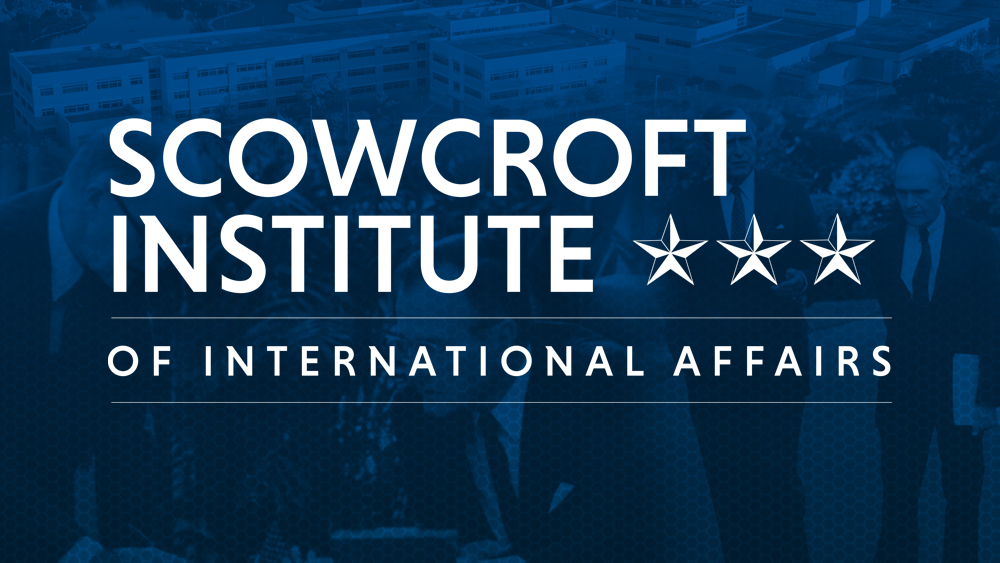
How Europe responds to the growing migrant crisis has serious implications for the future stability of the continent, warns a prominent international relations authority in a paper published by the Scowcroft Institute of International Affairs, a unit of the Bush School of Government and Public Service at Texas A&M University.
Ann-Sofie Dahl, a Swedish associate professor of international relations and an adjunct fellow at the Center for Strategic and International Studies in Washington, D.C., cites the “Brexit” vote in the United Kingdom as a clear indication that Europeans are highly alarmed about the influx of migrants, especially after the recent terrorist attacks in Brussels, Paris and Istanbul.
Still, some European countries are taking different approaches to the situation, Dahl notes, pointing to Sweden and it Scandinavian neighbor, Denmark.
Dahl, in her paper “A Continent in Chaos: The Security Implications of the European Migrant Crisis,” says that while Sweden has taken a more welcoming stance — thereby encouraging the flood of newcomers on EU ground — other countries, like Denmark, are skeptical about their ability to absorb such a huge influx of asylum seekers from vastly different cultural and religious backgrounds. In all other ways, she asserts, these two neighboring Scandinavian countries come across to the outside world as almost identical, but thus represent opposite positions with regard to the migration and refugee issue. In short, she asks, how did Europe end up in this chaos, and what will be the implications on security, for Sweden, Denmark, and the rest of Europe?
Dahl has been a resident of Copenhagen, Denmark, since 2003. She has previously held research positions at the Centre for Military Studies (Copenhagen), the Swedish Institute for International Affairs and the Swedish National Defense College (Stockholm), Georgetown University, Princeton University, and other research institutions. Dahl was a Visiting Fellow at the NATO Defense College in Rome in 2012. She is also the founder of the Swedish Atlantic Council and a former Vice President of the Atlantic Treaty Association (ATA).
On Nov. 2, 2015, Dahl visited the Bush School to meet with faculty and students and hold a Q&A session focused on her expertise in Northern Europe, the Baltics and NATO interaction with Russia, and the current refugee crisis in Europe.
The full text of the article can be found at bush.tamu.edu/scowcroft/papers/

